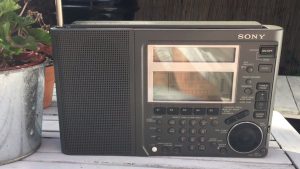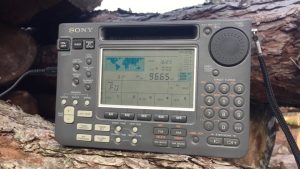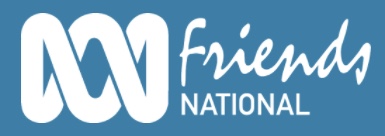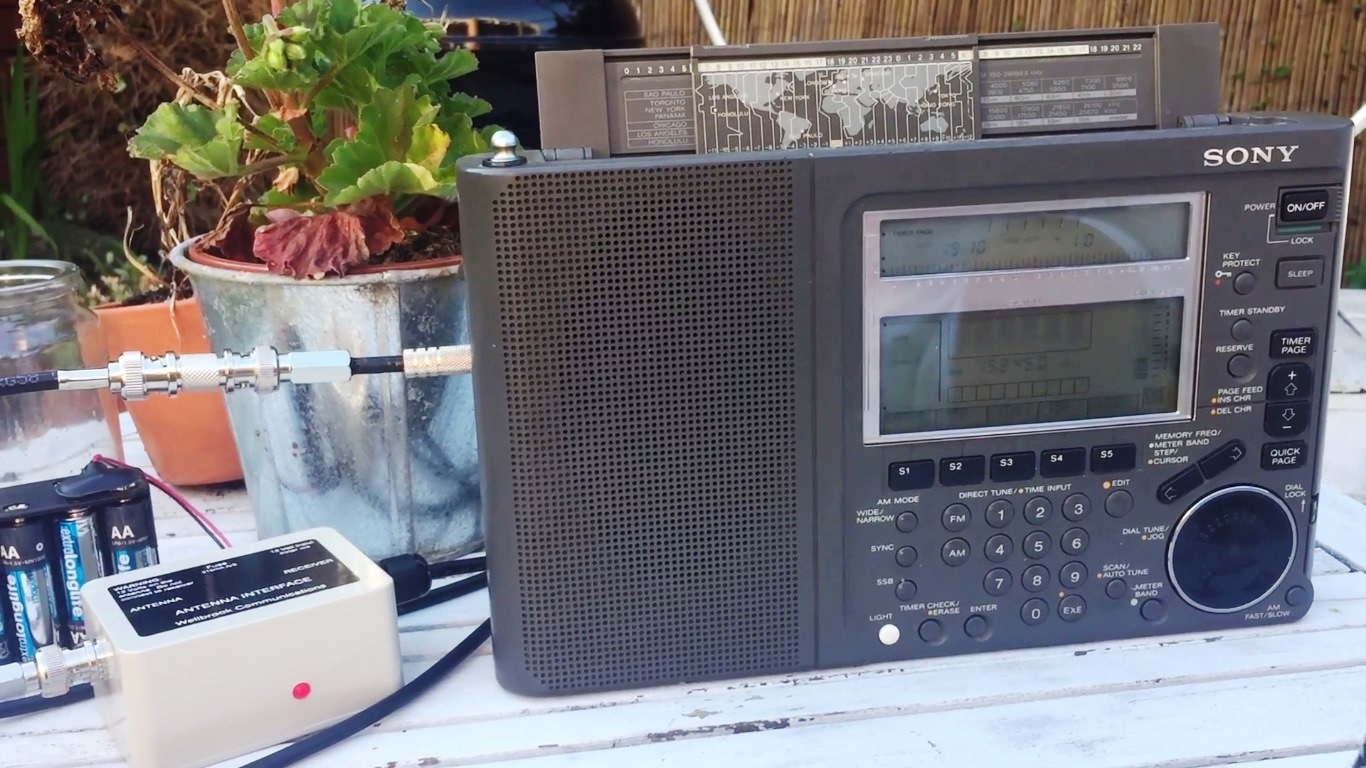 The following information was first shared with me by SWLing Post contributor, Harald Kuhl. As I looked for more details, I discovered the following note in the excellent CIDX Messenger:
The following information was first shared with me by SWLing Post contributor, Harald Kuhl. As I looked for more details, I discovered the following note in the excellent CIDX Messenger:
From Alan Roe of Teddington, UK, here is information on new transmissions targeting
Antarctica:According to posting on “Shortwave Airtime” Facebook page:
“Spaceline Ltd and Radio Nova News are to start transmissions to Antarctica for campaign for access of information to the Bulgarian Antractic base. Shortwave is the only media that can reach directly Antarctida at the distance of 13.000 km. Transmissions will start on 1’st of January, 01.00 – 02.00 UTC daily on frequency 11600 kHz. For more information visit www.spaceline.bg”
I couldn’t find any more information at either the Spaceline website or the Radio Nova news
website at https://nova.bg/However, I received today the following reply (below) from Spaceline:
Hello Alan,
The information on the Facebook page is correct, and Space Line will start the transmissions of Nova News to Antarctica very soon.It was been planned to start the project on January the 1’st, but due to some logistic problems with the base, is postponed for middle or the end of January this year, but there was a test transmission on January the 1st 2017 on 11600 kHz. After the test it appeared that here may be a frequency change from the announced one, due to some propagation anomalies.
The retransmission of Radio Nova News on shortwave is a common project between Nova, Spaceline Ltd. and Bulgarian Antarctic Institute, for reaching the scientists in Bulgarian Antarctic Base on South Shetland Island with fresh news information feed about the social life in Bulgaria.
Stay tuned to the shortwave.airtime FB page for more information about the project.
Best Regards,
Ventsislav Georgiev
Manager R&D
SpaceLine Ltd. | www.spaceline.bg
Mob : +359 888 554 297
E-mail: [email protected]
James Baucher blvd 71, Fl. 6, Office 5,
1407 Sofia , BULGARIA
Thank you Harald and Alan for the tip!




 Sony ICF-SW55 Tecsun PL-310ET
Sony ICF-SW55 Tecsun PL-310ET



